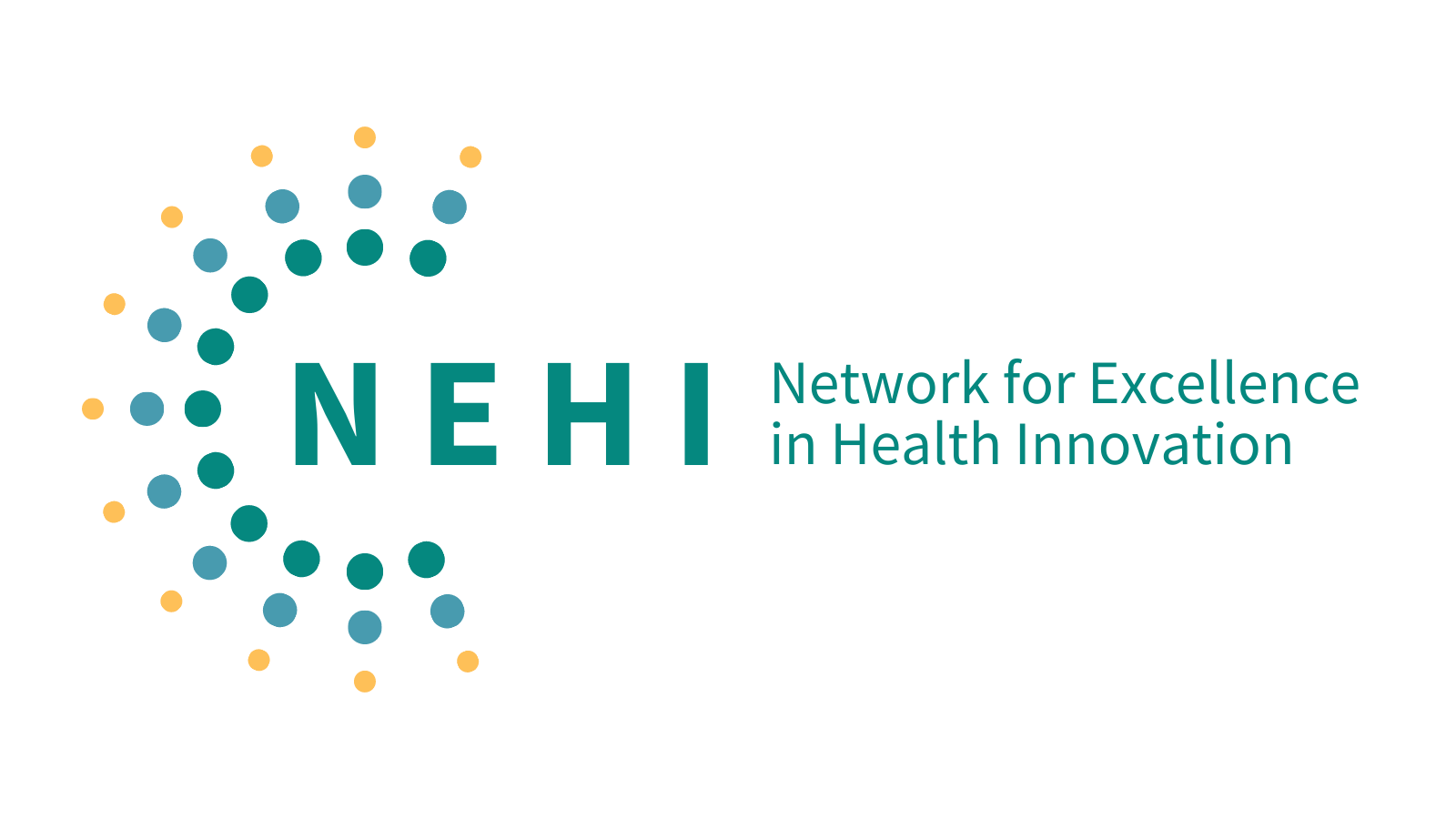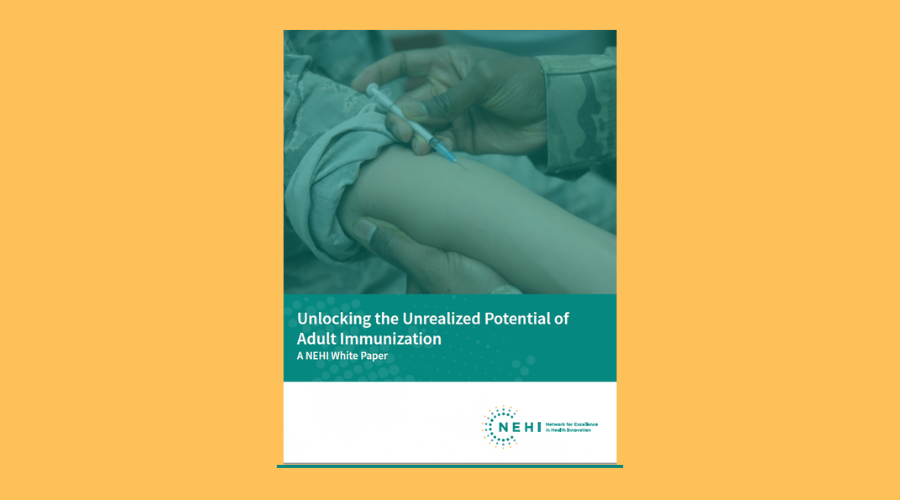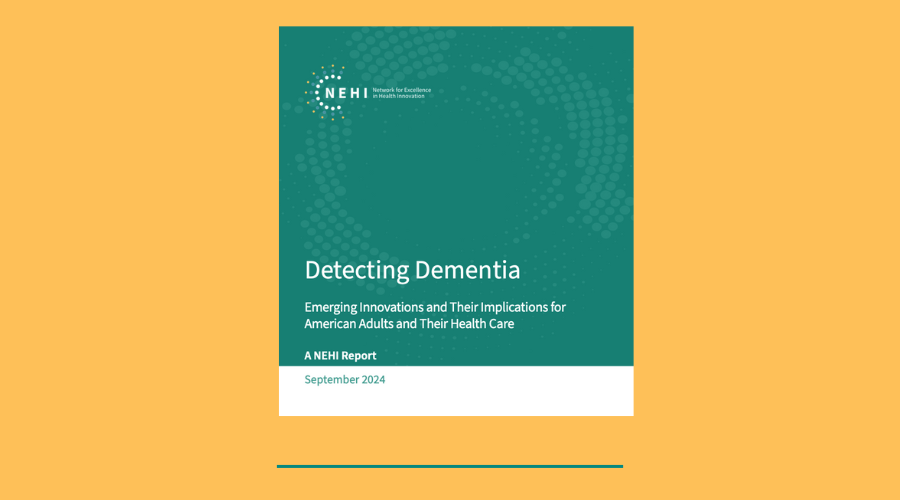This NEHI policy brief outlines research and recommendations for improving the state of adult immunizations to prevent disease.
The coronavirus pandemic brings home the importance of raising the rates at which American adults are immunized with the yearly influenza vaccine, as well as with other high-priority vaccines recommended by the CDC’s Advisory Committee on Immunization Practices (ACIP). The importance of maintaining the health of our general population, and especially of adults with health risks, cannot be overstated. COVID-19 makes this truth unavoidable.
Encouraging progress has been made in the last decade. Insurance coverage of adult immunizations is better for many patients. Community pharmacists play an ever-growing role as immunizers providing greater access. Adult immunization rates have ticked up over the last decade. But progress remains incremental and, as our findings make clear, immunization policy remains a patchwork. Among other things, out-of-pocket cost obligations for patients vary from one type of insurance coverage to another. Immunization authority for pharmacists and other community-based immunizers is inconsistent from state to state. Payment incentives for raising adult immunization rates are misaligned among payers, hospital systems and physician offices, and community-based immunizers such as pharmacists.
We cannot avoid the COVID-19 virus now. But we may be able to do so in the future, and certainly, we may be able to minimize hospitalizations and the other adverse consequences of influenza IF we recognize that fixing our immunization policies is an urgent task.
- Affordability: Harmonize coverage policy across public and private sector health insurance plans to lower or eliminate out-of-pocket costs to adult immunization;
- Access: Harmonize scope-of-practice regulation so that community-based immunizers, such as pharmacists, have similar immunizing authority in all communities and all states. Always make immunization with ACIP-recommended vaccines an “always in-network” service;
- Information: Align reporting standards for state immunization information systems—and secure public investments in these-- so that they provide all authorized immunizers with accurate patient immunization histories and allow all authorized immunizers to see immunization histories in real-time;
- Innovation: Incentivize investments to scale innovative patient screening, referral, and immunization models to reach adults who have not received recommended immunizations.
NEHI’s analysis is an outgrowth of discussions it generated among leading patient advocates, clinicians, health insurance leaders, biopharma experts, and others. For more information, please get in touch with Tom Hubbard, NEHI Vice President of Policy Research, at thubbard@nehi.net.


.png?width=75&height=75&name=Download%20(5).png)

.png?width=180&height=180&name=download%20(6).png)

.png)

.png)
